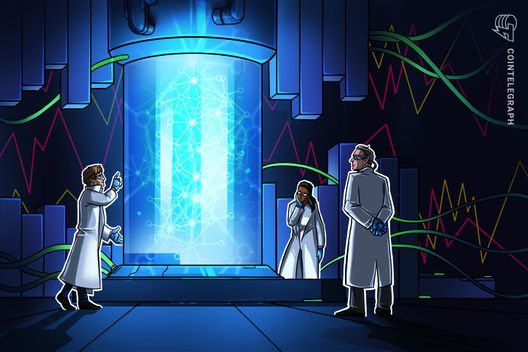A committee of the Connecticut state legislature has proposed to authorize the use of smart contracts in commerce in the state, according to official documentation introduced on March 7.
The Commerce Committee of the Connecticut General Assembly (CGA) has introduced House Bill 7310, suggesting that blockchain-powered smart contracts may be used in commerce conducted or initiated in the United States state of Connecticut.
The committee elaborated that any cryptographic signature or a record secured through distributed ledger technology (DLT) should be considered to be in an electronic form and an electronic record.
The CGA Commerce Committee emphasized that no smart contract relating to a transaction should be denied a legal effect or validity only because it is processed through a smart contract rather than a traditional method to secure a transaction data.
A smart contract is a protocol designed to contribute, verify or implement the negotiation or performance of a contract. Blockchain-powered smart contracts allow parties to perform credible transactions directly, without third parties. Containing all the data about the contract terms, smart contract transactions are traceable and irreversible.
On March 6, the General Assembly of the U.S. state of Colorado introduced a bill on examining the possibility of applying blockchain technology in water rights management.
Earlier in February, Cointelegraph reported that two blockchain-related bills were passed in the U.S. state of Wyoming. Both bills, tokenization House Bill 185 and blockchain compliance-related bill, House Bill 74, were introduced in January this year and are set to be enforced later in 2019.









